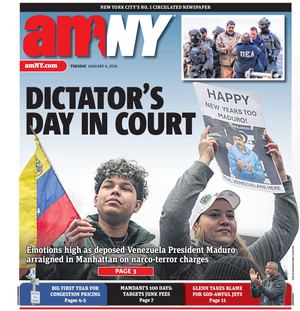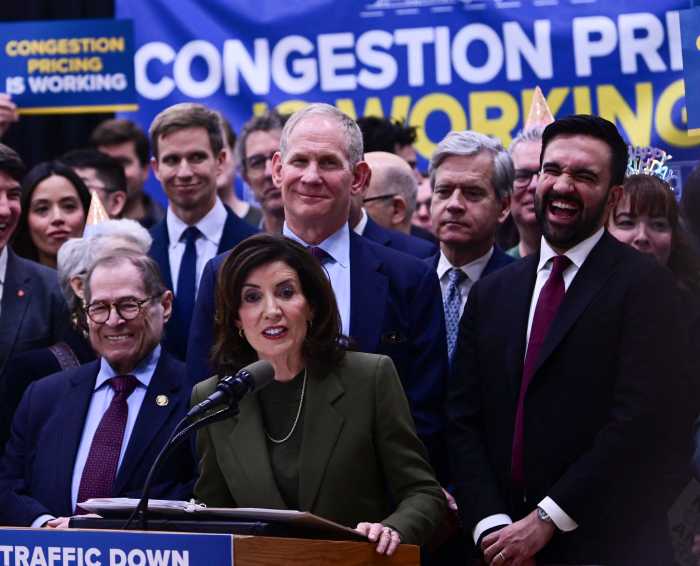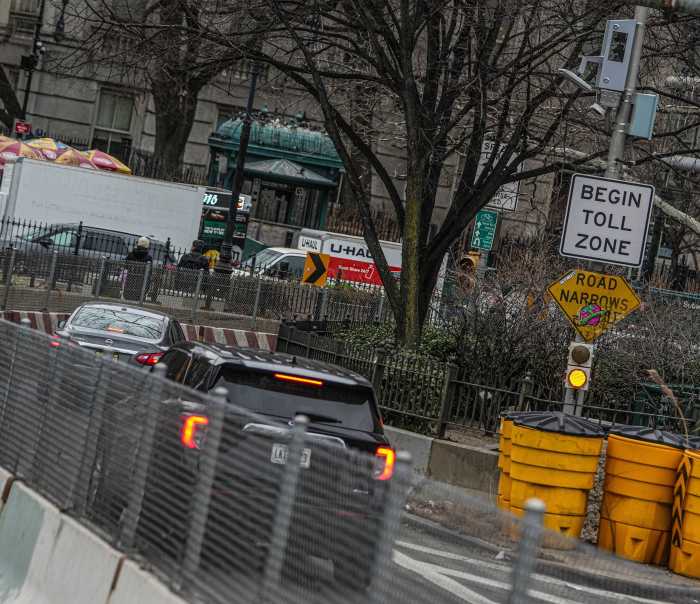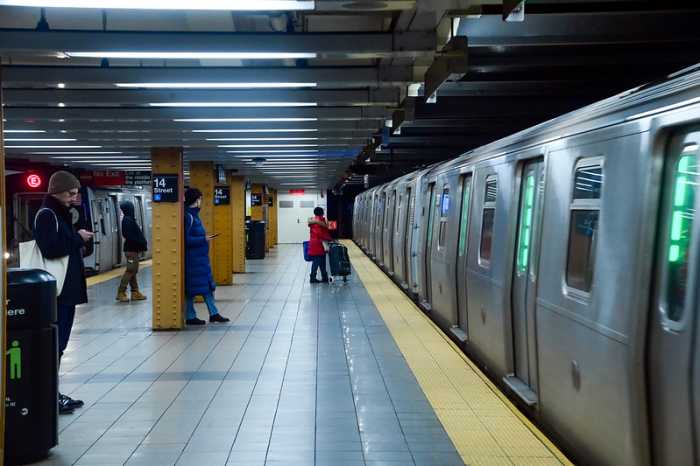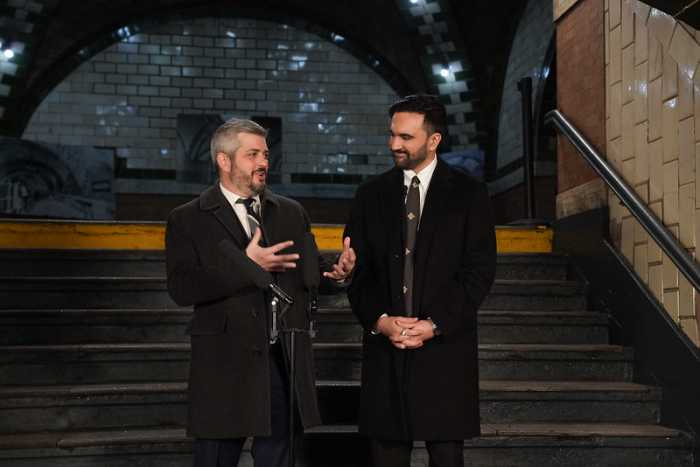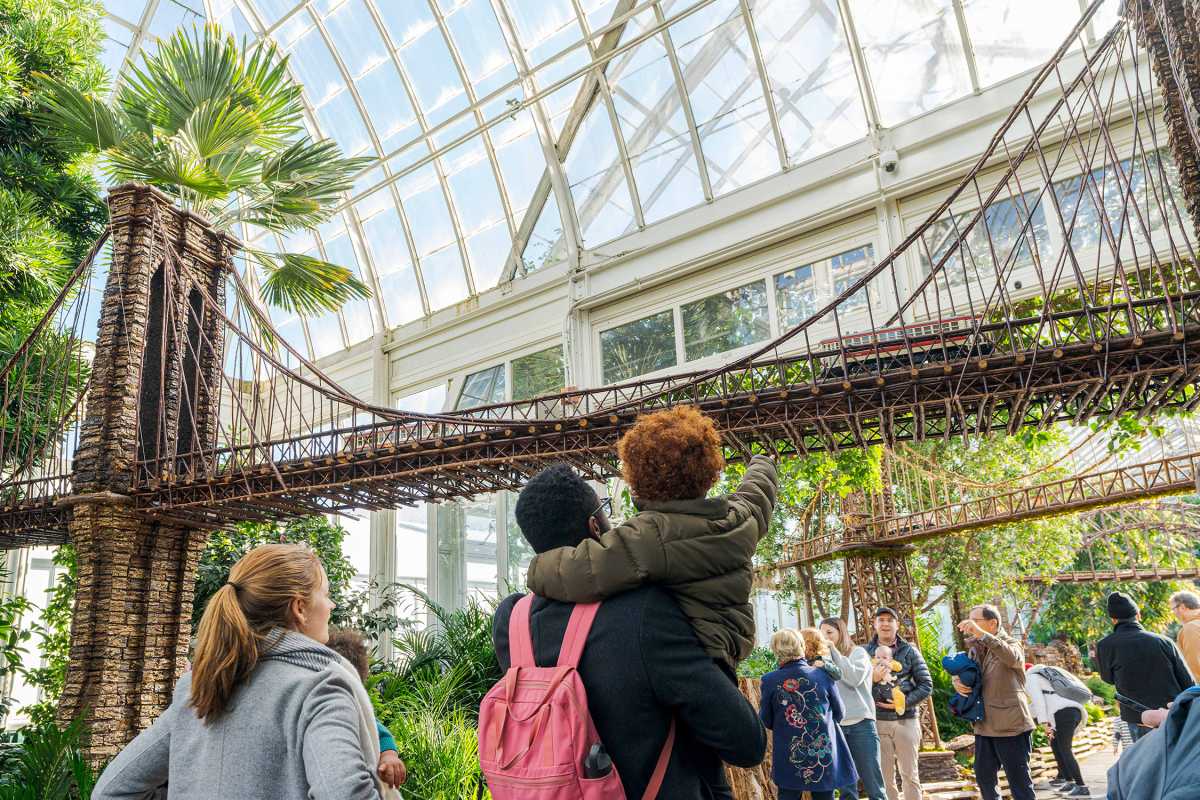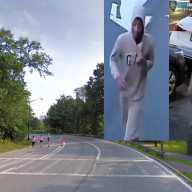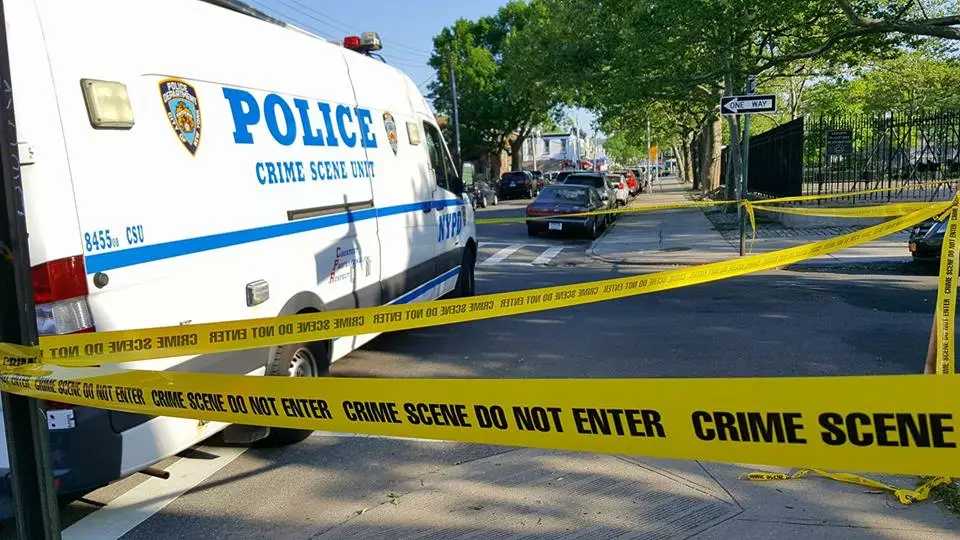
Long before the West Side Highway was built, the road that ran along the Hudson River was nicknamed “Death Avenue” after the conflicts between pedestrians and a street-level freight train that ran along the West Side in 1846 led to high-profile fatalities.
Flash forward 171 years: In the new context of popular park and bike infrastructure as well as massive commercial and residential developments, a group of New York elected officials is now arguing that the highway’s expansive lanes are increasingly unsafe and in need of an overhaul.
“We hear from constituents about the concerns over traffic, pedestrians and cyclists who all share this very important highway that is alongside one of the busiest parks in the nation as well as one of the fastest growing centers for development,” said State Sen. Brad Hoylman (D-Manhattan).
The senator joined 11 other elected officials on Monday in penning a letter to the state’s Department of Transportation, requesting the agency to conduct a study on “how to improve traffic safety” along the highway’s span from 72nd Street to the Battery. That stretch was home to four deaths — including two cyclists and a pedestrian — and at least another 206 injuries last year, according to the officials.
Traffic volume is highest at the highway’s northern terminus uptown, which serves more than 104,000 daily vehicles in each direction, according to published state DOT traffic volumes from 2015. Traffic gets decongested as it heads south, with just over 58,000 vehicles using the stretch near the Holland Tunnel each day.
The letter points out that the highway is devoid of “basic and innovative traffic calming devices and programs” that the city has long put to use on its streets — things like lane narrowings, speed cameras or leading pedestrian intervals, which improve pedestrian visibility by giving walkers a head start to cross streets.
The Hudson River Greenway is already heavily used. Some 5,425 cyclists were counted in the park during a 12-hour window in August 2015, according to the city’s Transportation Department. And the number of cyclists and pedestrians are only expected to increase with developments like Hudson Yards, Pier 40, Pier 55, the SuperPier at Pier 57 and the residential developments at the St. John’s Terminal.
“The West Side waterfront is a success, with bicyclists and pedestrians taking advantage of its parks, open spaces, and popular protected bike lane,” said Manhattan Borough president Gale Brewer, another letter signee, in a statement. “The state shouldn’t undermine that by letting unsafe conditions persist on the West Side Highway.”
A state DOT spokeswoman, said in an email Thursday that the DOT “received the letter yesterday, and we are reviewing it.”
